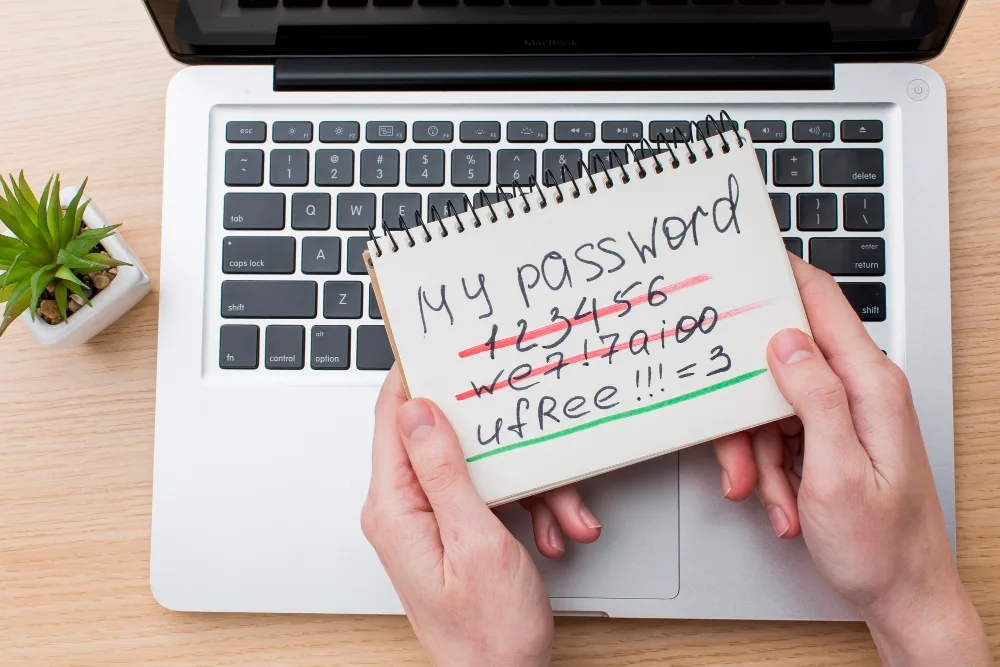One of the biggest pushbacks I had when I was explaining the “Just in Case Message” to others was the security of the data. Many opposed the notion of entering sensitive personal information, such as passwords or account numbers, into their information cards and sharing it with their trustees. However, without sharing such personal information, trustees cannot get the full benefit of the received “just in case” messages.
The system was designed to be as secure as possible, protecting users’ data using multiple measures, such as secure data storage with Advanced Encryption Standard (AES) 256-bit encryption, secure data transmission using HTTPS and SSL, web firewalls, protection from DDoS attacks, and other measures.
Another great measure I’ve added is “Personalized Security Quizzes.” This feature allows users to build quizzes using personal questions that ONLY specific individuals, such as their trustees, can solve. This ensures that even if a stranger hijacks a trustee’s email and finds the unique link shared by the account owner, they must answer a series of personalized quizzes to read the message. If the quizzes are crafted correctly, only the designated trustees can solve them, unlocking the message content.
Of course, NOT sharing any sensitive information directly is the best security of all.
So, here are two ways to share personal information safely:
Store Sensitive Information Offline
Perhaps the most secure way to store sensitive information is to save it offline. Simply write all your sensitive info on a piece of paper or in a journal and put it in a safe location in your house or a safe deposit box. Then, when writing your just-in-case message, refer to its location.
The location can also be a riddle, such as: “I put a paper with the information inside my favorite book.” Your spouse or kids can easily understand where it is hidden.
I’m sure everybody can find a few places to store a piece of paper, ensuring nobody else can find it even if they try.
Create Meaningful Riddles for Passwords
This is my favorite option since I’ve already applied the principle while crafting personalized security quizzes for my trustees.
It is the same concept: create passwords as riddles using knowledge only your trustees can possess, such as:
Significant dates and locations that are easily memorable to your family but not obvious to others.
Examples:
Change your password to “Acadia1998” and share this riddle with your family: “First family camping trip location + the year of the adventure.”
Create a password with a riddle only your spouse can answer but not share with others, such as “the place we first kissed,” etc.
I find it very amusing to use these passwords daily because they bring back good memories. Try to find events and dates not shared on social media or easily discoverable online.
Business information
Example:
If I want to share a password for an online service with my lawyer only, I can use the law firm’s account number. My lawyer will easily decipher the password.
Conclusion
Using the above methods to avoid entering sensitive personal information should convince even the most skeptical to use the benefits of Just in Case Message (JICM) and gain peace of mind knowing that their loved ones are being taken care of.
I’m curious to find out what other creative ways users will find to do the same.
